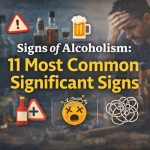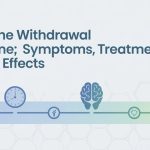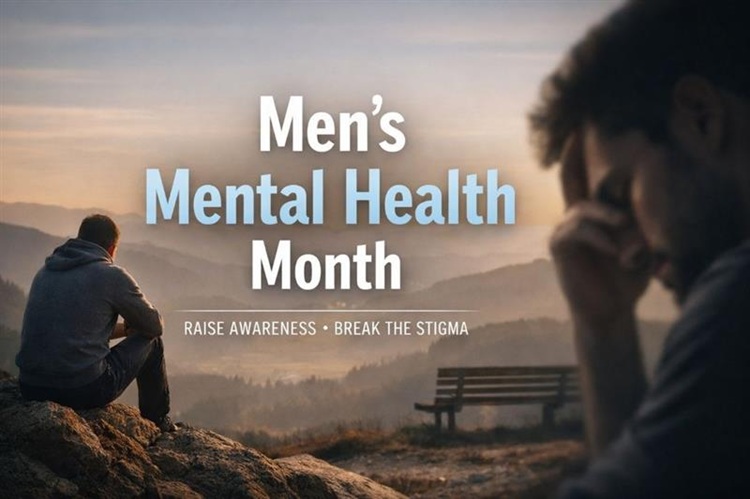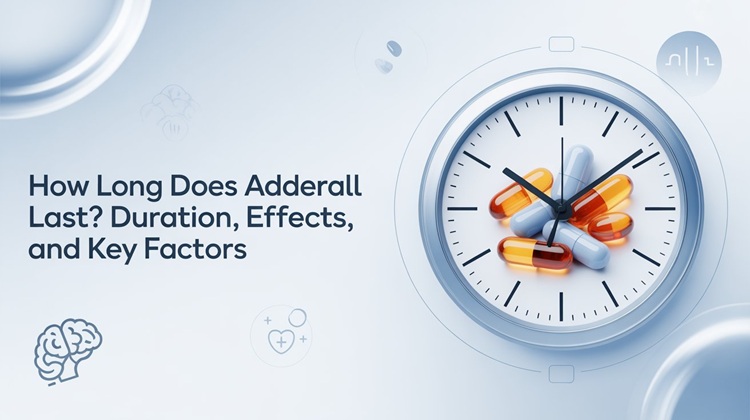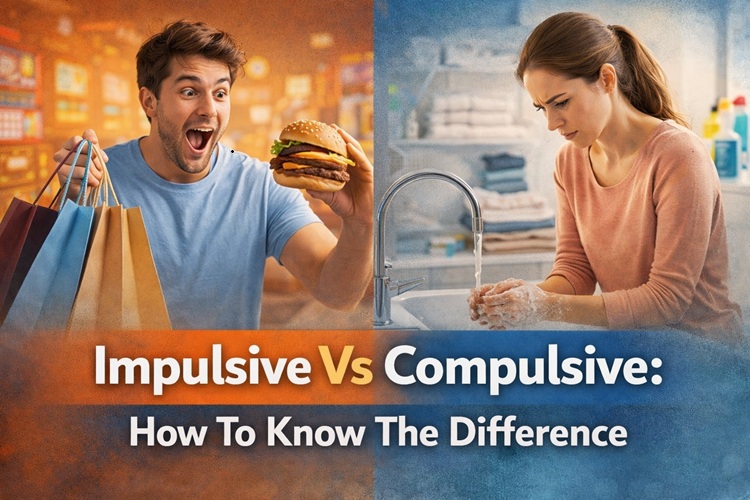The process of getting better from addiction can make you feel very cut off from others. Group therapy is a great way to find out that you don’t have to face recovery alone. Being in a group for therapy involves more than simple talking. It’s a safe, planned space where people facing addiction can join and help each other heal, learn and grow.
In this blog, we’ll talk about what group therapy means, how it works and why it plays an important role in our addiction recovery programs.
What is Group Therapy?
This kind of therapy sees one or more therapists working with two or more participants at the same meeting. It is used widely in treatment for addiction because it fosters connectedness and accountability and helps patients feel supported.
Because group sessions include a group of people, the experience allows them to communicate and connect over the issues they are dealing with. Whether someone has a drug addiction, misuses alcohol or has mental health problems, the environment of group therapy encourages community support.
How Group Therapy Works in Addiction Recovery
Addiction has an effect on someone’s body as well as their mind, emotions, relationships and behaviors. Group therapy covers this area by teaching structure from the therapist and including everyone’s own story in therapy.
Usually, this is the way it happens:
- Meetings are scheduled as often as every week and overseen by a therapist or counselor.
- Topics may be about handling stress, not relapsing, controlling feelings, coping with trauma, family relationships and more.
- Participants should discuss anything they want to about their journey, provided that their experiences are already something they feel comfortable sharing.
- Being part of a group means individuals have an opportunity to learn, explore their conduct and understand others.
There are different types of group therapy, including:
- In psychoeducational groups, individuals learn about addiction and its recovery.
- Groups provide chances to learn about your emotions, your relationships and your personal views.
- Members of a support group encourage one another and help themselves through the experience with no counseling.
- Groups for learning skills: Deliver strategies such as stress management and healthy ways to communicate.
The Benefits of Group Therapy for Addiction
That’s why, in effective programs, group therapy is a main focus. Many benefits to health care can make a big difference in life.
Lowers Feelings of Being Alone
Many times, addiction develops in the absence of others’ knowledge. In group therapy, people can speak openly because they know they won’t be judged. A person discounting loneliness by saying you’re not alone is often a great comfort.
Supports Personal Responsibility
Being in a group encourages you to consider not just how you are moving forward, but how the others in the group progress. Being accountable to each other encourages someone to work towards long-lasting recovery.
Showcases a Range of Opinions
There isn’t a uniform approach to each person’s recovery. Being in a group helps you notice things someone else does well or mistakes they make, and these observations can be very helpful.
Helps Individuals Face Stress with Healthy Solutions
Therapists in groups lead members to practice new ways to cope with their emotions. No matter if it’s stress relief, learning to communicate, or learning good boundaries, these abilities support staying sober.
Helps Us Grow Emotionally
Discussing thoughts and experiences with a friend or family member can help someone manage pain and learn to handle challenging emotions. Group therapy makes it safe for people to be open and to cheer each other on in vulnerability.
Supports Friendship
Having support in social groups is a major factor in recovery that lasts. Often, the relationships made in group therapy last even when the group sessions end, giving a powerful way to be supported.
Why Choose Group Therapy at Palm Coast Treatment Solutions?
We believe here at Palm Coast Treatment Solutions that people have a better chance in recovery when they help each other. All our groups are directed by experts and can be modified in line with your specific journey in recovery.
- Among our comprehensive addiction treatment programs, we have several group formats.
- Intensive Outpatient Programs are a type of treatment program.
- Group support for people with problems related to both mental health and addiction
- Relapse prevention courses
- Process groups are designed with trauma in mind
- Women’s-only and men’s-only groups for a safe space to share.
We treat the person, not only their addiction. Helping you lead a good life in recovery is what guides our group therapy meetings and we use kindness and scientifically proven solutions.

Ready to Take the First Step?
When fighting addiction, group therapy could be the last piece needed to help you or your loved one recover. You shouldn’t try to do it by yourself; you should join hands with your peers.
You don’t have to go through recovery alone, as Palm Coast Treatment Solutions will provide personal support and guidance from therapists and create a supportive environment. Contact us at (386) 284-4151 today to learn more about our addiction treatment programs and group therapy options. Visit our website to take that first step toward a better tomorrow.










